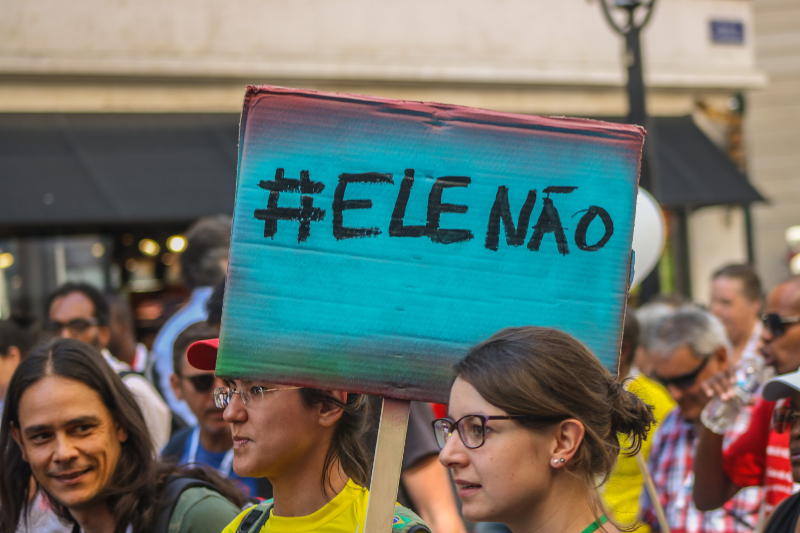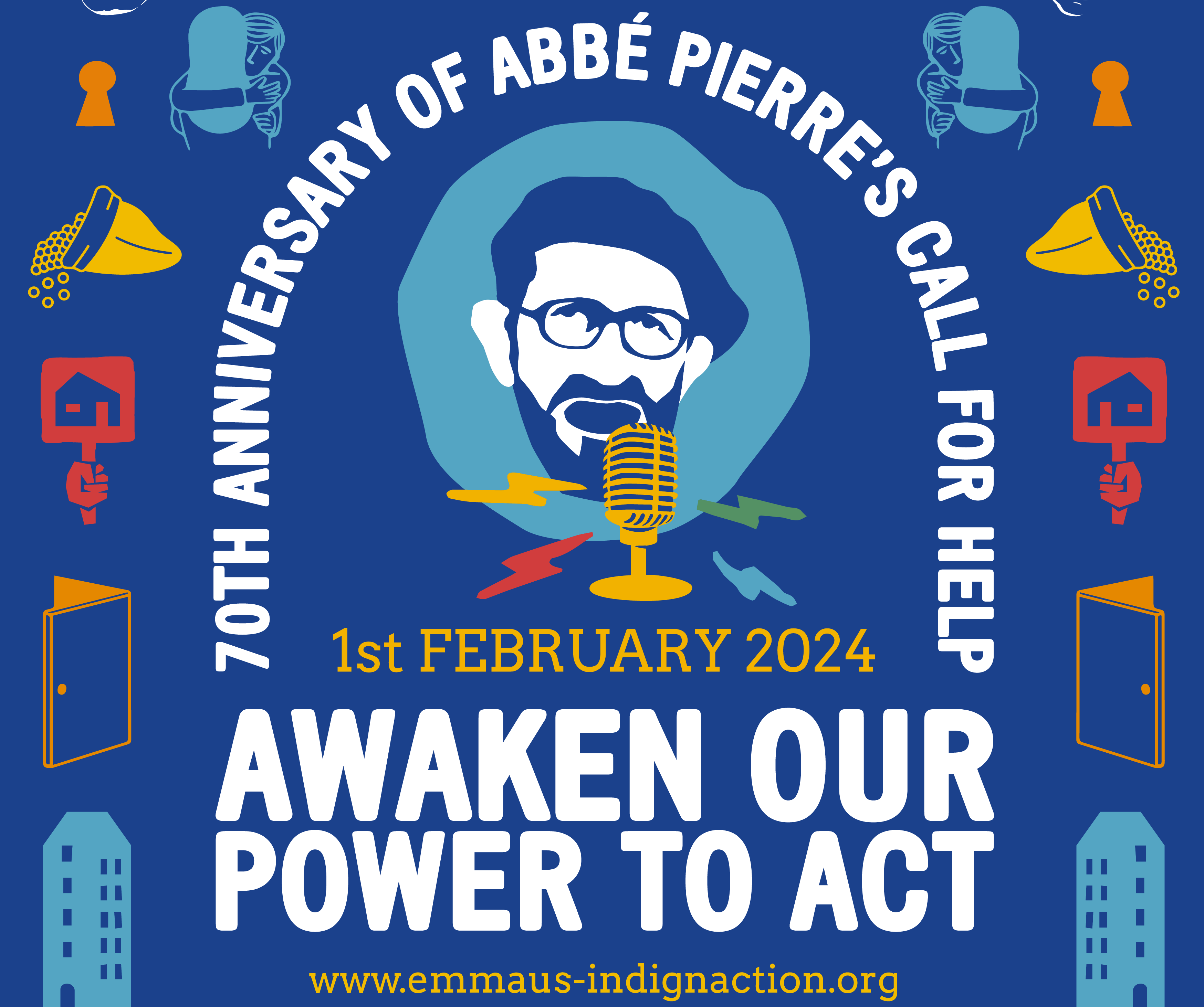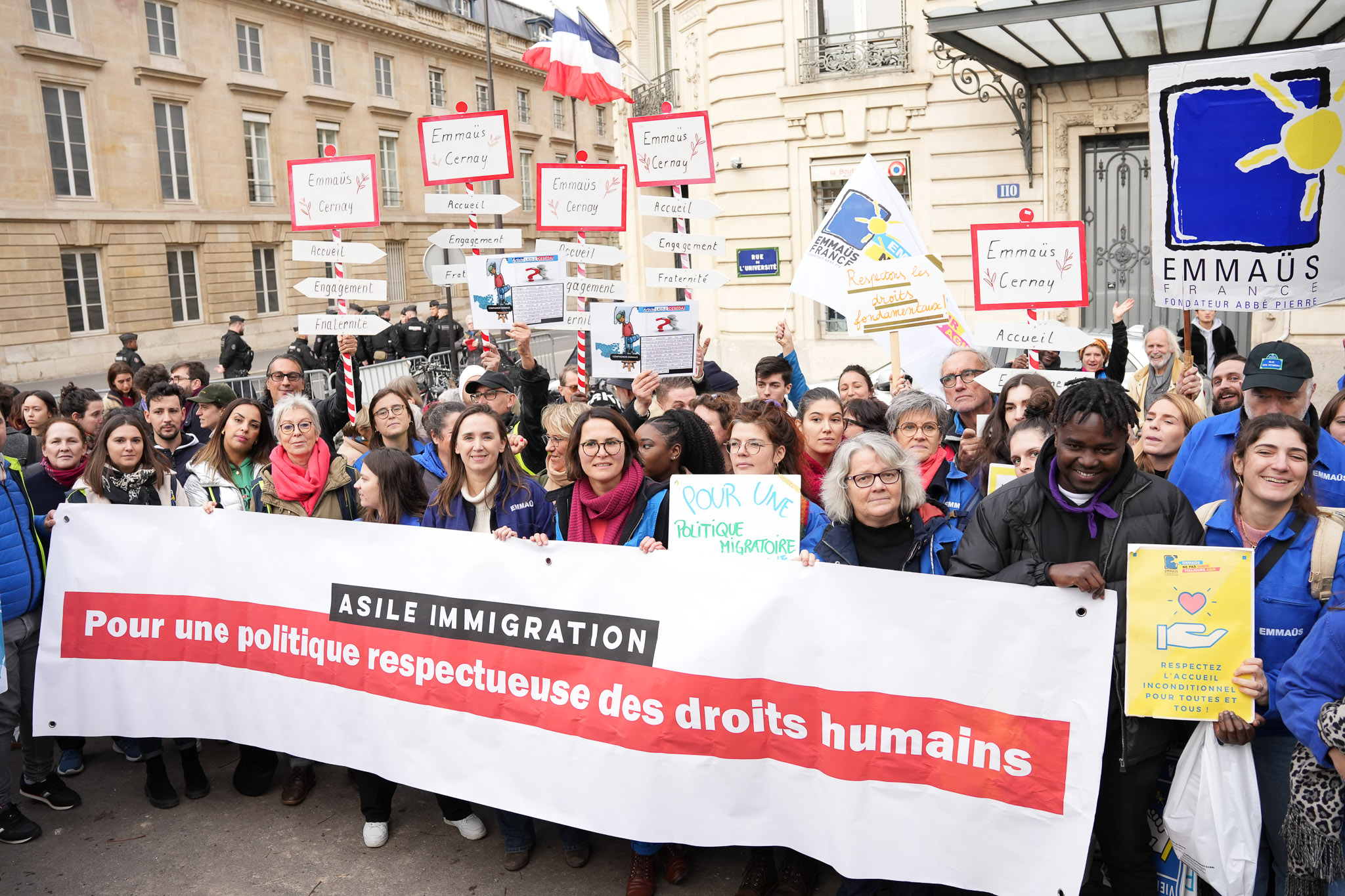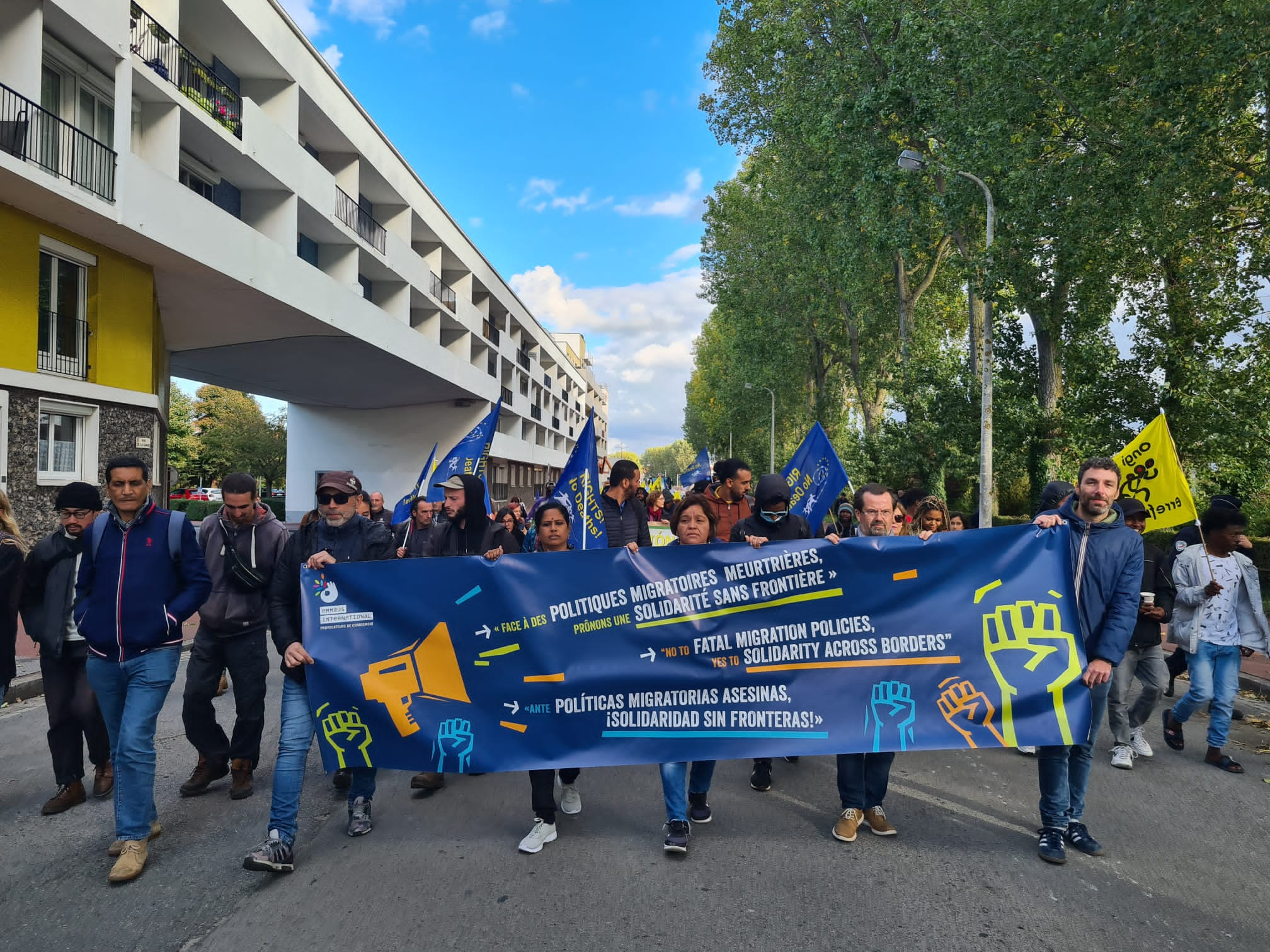"YES, we can build a different society"

A guest at the World Forum of Alternatives, Mônica Benício, Brazilian human rights activist and partner of Marielle Franco, shared with us the role that social movements can play in the face of increasing criminalisation and rising fascism, especially in her country where the far right is leading voting intention for the presidential elections next October 28th 2018.
“From the age of 17 I have been campaigning for the defence of human rights, particularly for the LGBT community. I have also been fighting against the genocide of our country’s black population, and against the urban segregation of people from favelas.
My role in this struggle changed when my partner was brutally assassinated on 14th March this year in Rio de Janeiro. For those who are not familiar with her, Marielle Franco was the only black municipal councillor in the city. She was elected having received the fifth highest number of votes, with 46,502; a considerable vote count for the city of Rio, especially for a first term. She was executed one year and three months into a term that would have lasted for four years, in a country governed by heterosexual, white men, homophobic, racist and sexist fundamentalists, who are a threat to Brazil’s very democracy, or rather false democracy.
In order to understand our political situation, we must remember that this country was built through the use of extreme violence: we lived through three centuries of slavery and two bloody dictatorships. Today, Brazil is still killing its indigenous peoples, as well as black people and those from the favelas. The rate of femicide is increasing as women are killed just because they are women. We are the country that kills its LGBT people the most and that assassinates the most human rights activists. We are also one of the countries with the highest-growing prison population. And who is it that is being put in prison? Young people, especially poor, black young people.
Brazil is often at the top of these tragic rankings and all of these are battles that I have fought in order to find a solution to the problems faced in Brazil but also elsewhere, as the wave of conservatism and fascism that is growing here is also growing throughout Latin America and in the wider world.There is a wide variety of social movements in Brazil today. Some have a very strong voice, such as the MST (landless workers’ movement) or the MTST (homeless workers’ movement) which are present here today, but the feminist movement is the one which is best-organised. It’s a movement that fights with considerable strength against fascism and which takes to the street to demand that women’s lives and bodies should belong only to themselves, and in particular campaigns for abortion to be legalised and femicide to be condemned. These feminist struggles have a strong presence in Brazilian society and indeed throughout Latin America as, to take the fight for the legalisation of abortion as an example, there are cases where even abortions which are allowed are not carried out. And who are the women who are dying because abortion is criminalised? Poor women, black women, women from the favelas who can’t afford to have an abortion in illegal clinics where they can be sure that the abortion will be carried out.
We are therefore living through a very dangerous time in Brazil and at this moment we are in the middle of a presidential election campaign. The candidate leading the polls is openly fascist. This clearly identified fascist is called Jair Bolsonaro. He is openly racist, sexist, and homophobic, and he defends the right to bear arms legally. His speech contains strong messages of hate and violence, and this is the candidate who is rising in the polls. Personally, it is not only him that worries me, but above all the kind of society that intends to put him in power, thinking that this will somehow bring benefits to the country, while it is clear that with him, women, black people, LGBT people and those from the favelas will continue to die. Brazil will remain at the top of those tragic rankings that I mentioned earlier.
Marielle was a person who lived, in her own body, all the struggles that she fought. She was a woman, a black person, a lesbian, and a feminist, and her assassination was an obvious attempt to silence everything she represented. Both police officers and political figures were involved in her assassination, and therefore the state itself, which shows the extent to which our democracy is under threat. Their message was very clear: we do not want this type of representation in our political spaces, which, as I said earlier, are dominated by heterosexual, fundamentalist, white men. Our democracy is therefore in danger and, even worse, more than six months after the only black municipal councillor in Rio de Janeiro was assassinated, there has still been no response. No response to this crime, which was clearly a hate crime, even though the entire world was affected by Marielle’s murder and is demanding justice. It is not only about justice for Marielle, but also about guaranteeing democracy. Responding to Marielle’s murder properly, which Brazil is not in the habit of doing, would mean that we were at least still fighting for democracy.
In spite of the resistance they offer, social movements in Brazil today face difficulties when it comes to organisation. The left is highly fragmented and the right, which is very well-organised, is still killing us, is still rising in the polls, and is still building a political project which shuts out most of the population of Brazil, a country where a tiny majority have a lot and the vast majority have absolutely nothing.
Brazil is at risk of returning to a time when its people were hungry. The poverty rate is on the rise once more, and the country is ignoring the demands of international organisations such as the United Nations, Organisation of American States and even the UN Food and Agriculture Organisation.Democracy is always much more than the right to vote. It cannot be understood as a simple electoral process that takes place every four years. The fight for democracy is a daily fight to defend the rights of the people, and guarantee them a decent quality of life. This is what is lacking in Brazil and it is not the government’s priority. Our current president, Michel Temer, seized power in what was clearly a coup d’état. He forced Dilma Roussef out of the presidency, a woman who had been elected legitimately and whom there were no firm legal grounds to impeach. Furthermore, former president Luiz Inácio Lula da Silva is today a political prisoner, having been incarcerated and isolated to make sure that he cannot stand in elections, as he represented a threat. According to the polls, he would have been re-elected. Brazil has experienced in this way a succession of coups d’état and its thirty-year-old democracy is under threat. The country has not been able to last a generation under a democratic model without coups d’état, dictatorships or waves of assassinations.
For me, as a Brazilian, it is very worrying to have to admit that there are few solutions to the situation and to see that our social movements, although they are strong individually, are struggling to join forces to launch action such as occupying the streets and standing up to police violence. Brazil has a highly violent state which suppresses demonstrations in an attempt to keep us quiet. The country came into being amid blood and violence and this is the model on which its society was built and from which it took its identity and the cultural values to which its people must conform, because Brazil is corrupt, because all its politicians are the same, because corruption has no solution and because the country has no solution!
For me, one of the questions that should be addressed is that of a new model for discussing social issues and the media, since Brazil is also tightly-controlled by its media, one of the most powerful industries in the world, with absurd amounts of power! In terms of cultural processes, the media has shown that we are extremely passive and that we will watch all types of barbaric acts on the television, telling ourselves that this is the way that politics is, and that there is nothing to be done about it.
I believe therefore that we must above all bring about a cultural change to change our values and to understand that, yes, we can build a different society. This is true of the whole world, not only Brazil. We need people who share the hope that another world is possible but who, as well as hope, also have the resilience, resistance and bravery to do what we are in the process of doing today: coordinating our initiatives, building together and fighting for social change. Because it’s not through social networks that we’re going to achieve significant change for society. That is something that worries me a lot: how younger generations go no further than discussing a new kind of society online and how they lack the sense of solidarity and empathy needed to go out and occupy the streets and tell the state that change is possible and that it is coming.Feminist movements often say “we might get by on our own, but together we are better”. I believe that the World Forum of Alternatives is fundamental when it comes to showing that if we march on together, we can build another kind of society and a better world.”
Geneva, 18th September 2018


